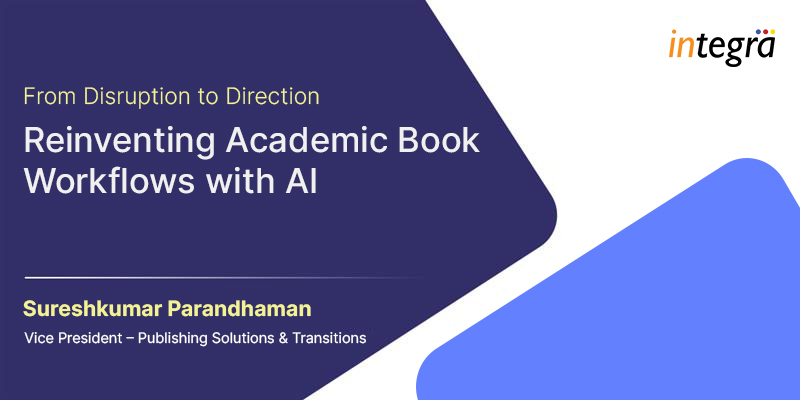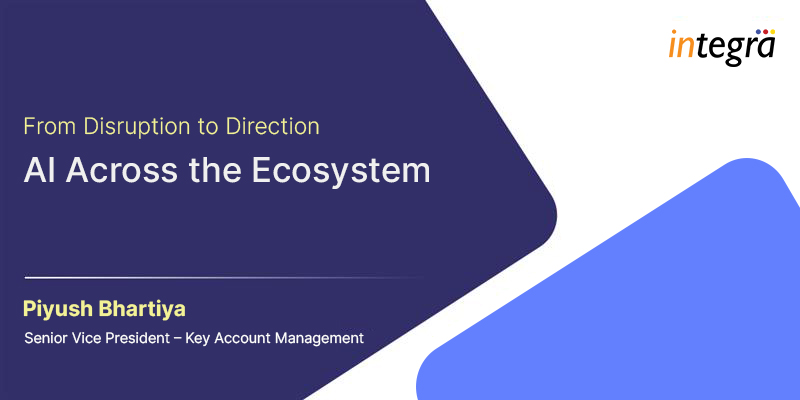Maximizing Global Learning Engagement: Advanced Strategies in LMS Utilization

In today’s interconnected world, the role of Learning Management Systems (LMS) in shaping global education is undeniable. As educational boundaries extend beyond physical classrooms, LMS platforms stand at the forefront, offering unparalleled opportunities for learning and engagement across continents. In a 2023 Wiley survey, 69% of human resource professionals reported that they were struggling to attract, retain, and train adequately skilled employees. Insufficient and non-aligned L&D practices are further creating learning gaps within organizations. This can render companies inefficient and lead to lost opportunities. This article aims to explore and elucidate advanced strategies in LMS utilization, focusing on enhancing engagement among learners scattered across different geographies, cultures, and linguistic backgrounds. The thrust of our discussion lies in leveraging the full potential of LMS to create a learning environment that is not only universally accessible but also richly engaging and culturally inclusive. This approach marks a significant stride towards realizing a truly global learning community, transcending traditional educational limitations and fostering a more connected and educated world.
Understanding the Challenges of Global Learner Engagement
Global learner engagement within the framework of Learning Management Systems (LMS) presents a complex array of challenges that need to be carefully navigated. One of the primary hurdles is addressing the diverse time zones in which students reside. This geographic dispersion necessitates a flexible approach to course scheduling and content availability, ensuring that learners, regardless of their location, have equal access to educational resources. Another significant challenge lies in bridging cultural differences. Educational content and pedagogical strategies must be sensitive and adaptable to various cultural backgrounds, avoiding biases and promoting inclusivity. Language barriers further complicate engagement, as content must be accessible in multiple languages or have support for effective translation. Moreover, technological disparities among different regions can impact the uniformity of access and quality of learning. The varying levels of digital infrastructure and internet connectivity across countries mean that LMS platforms must be versatile enough to provide a seamless learning experience, even with limited resources. These challenges collectively underscore the necessity for a nuanced, empathetic, and innovative approach to LMS design and implementation, aiming to create a truly global and inclusive educational environment.
Advanced LMS Features for Global Engagement
To foster global engagement, Learning Management Systems (LMS) must integrate advanced features that cater to a diverse international audience. These features are not just technological enhancements but are pivotal in creating a learning environment that is accessible, inclusive, and effective for all users, regardless of their geographical or cultural contexts.
- Multilingual Support: A cornerstone for global engagement, multilingual support in an LMS ensures that learners can access content in their preferred language. This feature extends beyond mere translation, encompassing localized idioms and cultural nuances, thereby enhancing comprehension and relatability.
- Time Zone Synchronization: Global education demands flexibility in time management. Advanced LMS platforms incorporate time zone synchronization, allowing for the scheduling of live sessions and deadlines in a way that accommodates learners from multiple time zones. This feature ensures that no learner is disadvantaged due to their geographic location.
- Cultural Adaptation Tools: These tools are essential for customizing content to resonate with various cultural backgrounds. This includes the incorporation of culturally relevant examples, case studies, and scenarios, which foster a deeper connection and understanding for learners from different cultural settings.
- Adaptive Learning Paths: To cater to the varied learning styles and paces of a global audience, LMS should offer adaptive learning paths. These paths use algorithms to adjust the content and difficulty level based on the learner’s performance and engagement, providing a personalized learning experience.
- Collaborative Learning Environments: Virtual collaboration tools within LMS facilitate interaction among learners from diverse backgrounds. Features like discussion forums, group projects, and peer-review systems encourage cross-cultural exchange and cooperation, enriching the learning experience.
- Accessibility Features: Ensuring that the LMS is accessible to learners with disabilities is crucial. This includes screen reader compatibility, closed captions for videos, and alternative text for images, making the platform inclusive for all learners.
- Robust Analytics and Feedback Systems: Advanced analytics help in tracking engagement, progress, and learning outcomes of learners globally. Feedback systems enable educators to provide personalized feedback and support, crucial for learner motivation and improvement.
- Mobile Learning Compatibility: With the increasing use of smartphones globally, mobile-compatible LMS platforms are essential. This feature allows learners to access educational content on-the-go, breaking the barrier of needing a desktop or laptop for learning.
Incorporating these advanced features transforms an LMS into a powerful tool for global learning engagement. They not only bridge geographical and cultural gaps but also create a more dynamic, personalized, and inclusive learning environment, ultimately leading to more effective and engaging educational experiences for learners worldwide.
Integrating Synchronous and Asynchronous Learning
Integrating synchronous and asynchronous learning methods in Learning Management Systems (LMS) is crucial for global education. Synchronous learning, involving real-time interaction, fosters immediacy and community among learners. It’s vital for discussions, instant feedback, and fostering a sense of connection. However, considering global time zone differences, relying solely on synchronous methods can be exclusionary. This is where asynchronous learning becomes essential. It offers flexibility, allowing learners to engage with materials at their convenience. Balancing these methods ensures that no learner is left behind due to time constraints or geographical limitations. The integration should be seamless, with asynchronous activities preparing learners for synchronous sessions and vice versa, thus creating a holistic learning experience that is both flexible and interactive.
Integrating Synchronous and Asynchronous Learning
Integrating synchronous and asynchronous learning methods in Learning Management Systems (LMS) is crucial for global education. Synchronous learning, involving real-time interaction, fosters immediacy and community among learners. It’s vital for discussions, instant feedback, and fostering a sense of connection. However, considering global time zone differences, relying solely on synchronous methods can be exclusionary. This is where asynchronous learning becomes essential. It offers flexibility, allowing learners to engage with materials at their convenience. Balancing these methods ensures that no learner is left behind due to time constraints or geographical limitations. The integration should be seamless, with asynchronous activities preparing learners for synchronous sessions and vice versa, thus creating a holistic learning experience that is both flexible and interactive.
In conclusion, the integration of advanced features in Learning Management Systems (LMS), coupled with the strategic use of synchronous and asynchronous learning methods, and the insightful application of data analytics, plays a pivotal role in enhancing global learning engagement. The future of education lies in harnessing the power of technology to create inclusive, flexible, and personalized learning experiences that transcend geographical and cultural boundaries.
At this juncture, if you’re looking to leverage the full potential of an AI-powered LMS, we invite you to explore SkillPilot. SkillPilot is at the forefront of integrating cutting-edge AI technology with user-centric design, offering an LMS solution that is not only efficient but also deeply engaging. Our experts are ready to guide you through a transformative journey, where the amalgamation of technology and education opens new horizons for learners and educators alike. Contact us to discover how SkillPilot can revolutionize your educational approach, tailor learning experiences to your specific needs, and ultimately drive higher engagement and better learning outcomes in your global educational endeavors.
Recent Blogs

Research Integrity vs. Publication Integrity: Clarifying Responsibility in Scholarly Publishing

From Disruption to Direction: Reinventing Academic Book Workflows with AI


